Blog
Improved Reading Ages with Reading Programme
- May 9, 2015
- Category: Extra Curricular Activities (Clubs), PTA, School News
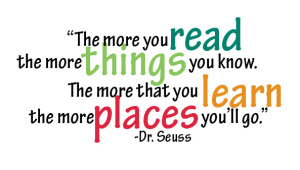
We have cracked it with Codebreakers!
This term we have successfully ran another ‘Codebreakers’ reading programme aiming specifically at improving children’s reading ability. We have used this approach of focused reading intervention at the school in the past few years and have seen significant progress in children’s reading skills.Reading ages increased from 5 to 30 months in just 6 short weeks! 18 children participated in the programme with the impressive average increase of reading age of 8.5 months!See the latest Press release in the TC Weekly News.
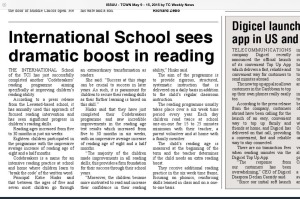 What is it? Codebreakers is a name for an intensive reading practice at school and home. Children learn to ‘break the code’ of the written word. The aim is to provide rigorous, structured, systematic instruction that is delivered on a daily basis in addition to the child's regular classroom instruction.
What is it? Codebreakers is a name for an intensive reading practice at school and home. Children learn to ‘break the code’ of the written word. The aim is to provide rigorous, structured, systematic instruction that is delivered on a daily basis in addition to the child's regular classroom instruction.
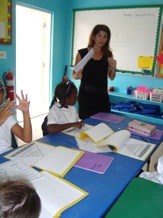 How long? The reading programme usually takes place over a 6-week time period and runs once a year. Each day children read twice at school one-on-one for 15-25 min. with their teacher and another adult and once or more at home with a family member.
How long? The reading programme usually takes place over a 6-week time period and runs once a year. Each day children read twice at school one-on-one for 15-25 min. with their teacher and another adult and once or more at home with a family member.
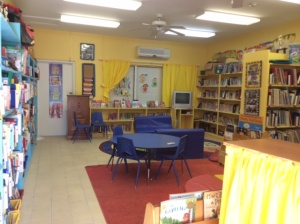
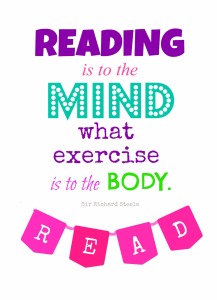
Look at the Results!
We have just competed our Codebreakers program a few weeks ago and we saw incredible improvements in the reading age test results. Reading ages increased from five to 30 months in just six short weeks! 18 children participated in the program with the impressive average increase of reading age of 8.5 months! The majority of the children made improvements in all reading skills involved – segmenting, blending, stringing the words together and learning sight words. Moreover, the children became more motivated to read and increased their confidence in their reading ability. Who was involved? In addition to teachers, we had a great deal of parental help to make this program happen and we would like to thank the following people: Wendy Ayer, Carmen Telniceanu, Myles & Diane McDowell, Cindy Flanagan, Kelcey Grandsire, Gabrielle Connolly and Louise Scott – we couldn’t have done it without you! Results speak for themselves! We can’t stress enough the importance of daily reading with your children at home. We encourage you to continue reading every day with your child - as this is the essential skill they need to have a firm foundation for their success through their school years and beyond. Parent Volunteers - We have completed our Codebreakers reading program for this year. It is an intensive program and requires lots of effort on behalf of everyone involved. However, it doesn’t mean we are stopping daily reading. We are always looking for parent volunteers who can come and read with individual children. If you have an hour a week to commit for a month, please speak to your child’s teacher, Mrs. Danics or Mrs. Hinks. We can always use your help! Resources: Oxford Owl has more great information about what you can do at home you help your children to read. You can also find numerous free ebooks on this site.
Why do some students struggle with reading and what can be done to increase their success?
These questions consume teachers and parents and are ones that compelled researches to search for answers. The following research from the Johns Hopkins School of Education states their findings on the subject of reading. The three most common reasons some students struggle with reading include:- Lack of Reading Skills, Specifically Phonics and Comprehension
- Vision Problems
- Learning Disabilities

